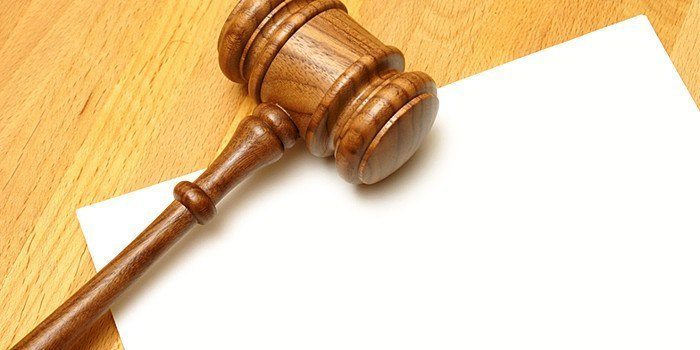Bankruptcy can happen to anyone. It can be the result of poor financial choices or unexpected expenses like medical or legal bills. And bankruptcy could affect your chances of having your application for a rental property approved.
Landlords are in the business to make money. They expect tenants to pay rent in full and on time. Because of this, landlords often do a background check on applicants, looking at each applicant’s rental history report, and more specifically, their credit history. Landlords will be looking for missing bill payments, a large outstanding amount of debt or a low credit score. All of these items show that the candidate might not be able to pay his rent on time, or be able to pay it at all. If you filed for bankruptcy, it will appear on your credit report, and could cause landlords to pass on your application.
However, if your bankruptcy was caused by an unplanned situation like a medical issue, consider bringing documentation showing your credit payments prior to the medical issue, so you can demonstrate your responsibility. Also, provide the landlord with the actions you are taking to get your credit and bill payments back on track. You may be able to encourage the landlord to give you a trial period for a three month or six month lease.
Another situation is if you are in the process of going through bankruptcy while living in an apartment with a lease agreement. If, before you file for bankruptcy, the landlord has already started the eviction process, there is a chance you may lose your apartment. But if you file before your landlord takes action, a stay is placed on your residence, and the landlord would have to go through a court process to try and evict you.
Avoiding an eviction record on your rental history report is good, as it helps to provide a better background picture of you for future landlords.



